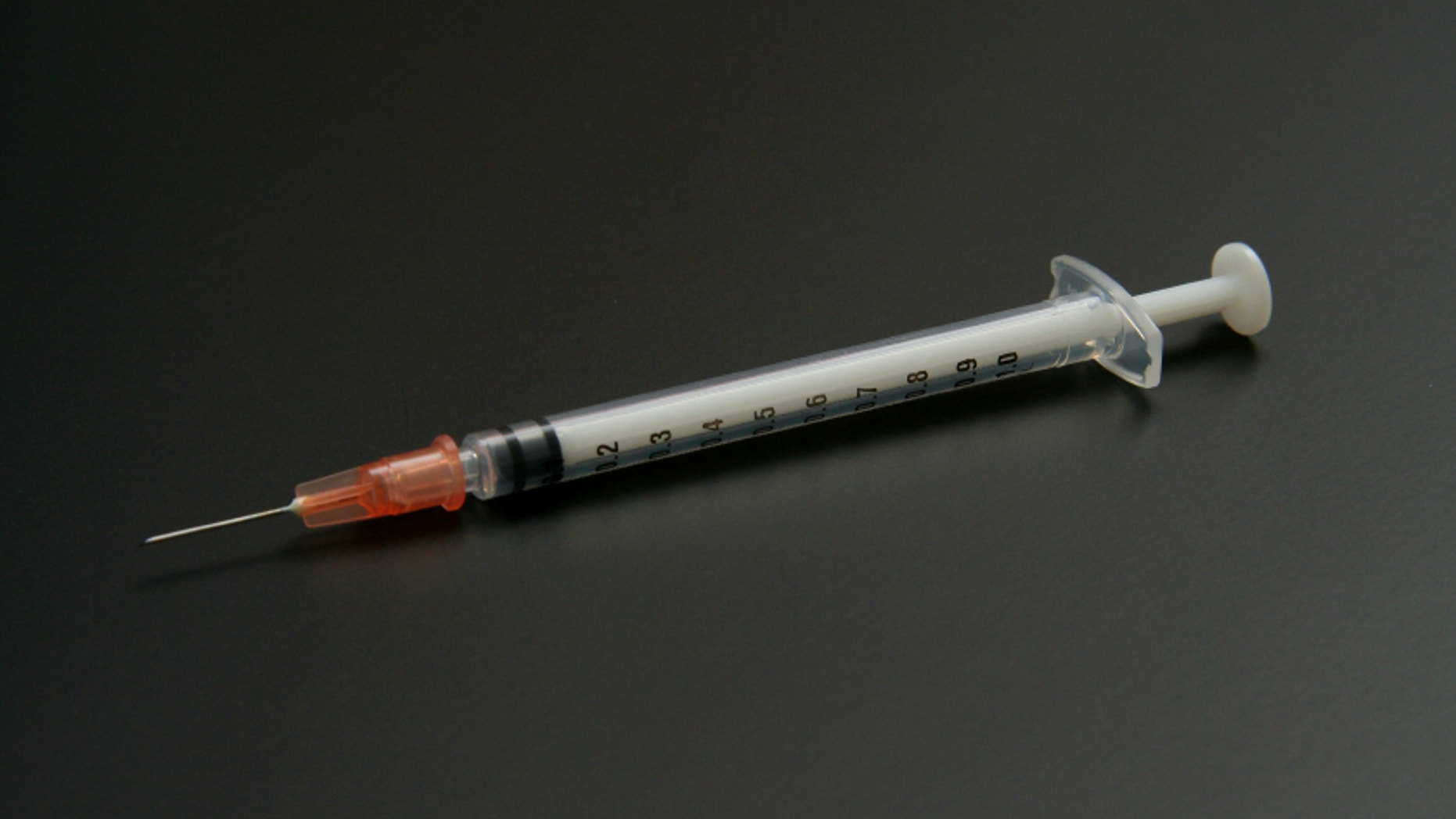Many Cases of Measles Due to Lack of Vaccinations
 At least 704 people have become sick this year due to a highly contagious and serious disease, measles. This year has had the greatest number of cases in a single year in the past 25 years. It represents a huge setback after measles was declared eliminated in the United States in 2000. More than 500 of the people infected in 22 states were not vaccinated and 66 people have been hospitalized due to measles. More than one-third of the cases are children younger than 5 years old. Since people are choosing to not vaccinate their kids many more kids are getting sick. Misinformation has spread many places about the safety and effectiveness of the measles, mumps and rubella vaccine, officials said.
At least 704 people have become sick this year due to a highly contagious and serious disease, measles. This year has had the greatest number of cases in a single year in the past 25 years. It represents a huge setback after measles was declared eliminated in the United States in 2000. More than 500 of the people infected in 22 states were not vaccinated and 66 people have been hospitalized due to measles. More than one-third of the cases are children younger than 5 years old. Since people are choosing to not vaccinate their kids many more kids are getting sick. Misinformation has spread many places about the safety and effectiveness of the measles, mumps and rubella vaccine, officials said. Thirteen outbreaks have been reported in 2019, accounting for 663 cases, or 94 percent of all cases. We define an outbreak as three or more cases of a certain disease. Half of those outbreaks were associated with close-knit religious or cultural communities that were under-vaccinated, accounting for 88 percent of all cases.
Thirteen outbreaks have been reported in 2019, accounting for 663 cases, or 94 percent of all cases. We define an outbreak as three or more cases of a certain disease. Half of those outbreaks were associated with close-knit religious or cultural communities that were under-vaccinated, accounting for 88 percent of all cases.
Alex Azar is Health and Human Services Secretary of the United States. He said, "We have come a long way in fighting infectious diseases in America, but we risk backsliding and seeing our families, neighbors, and communities needlessly suffer from preventable diseases." There are no treatments and no cures for measles, CDC Director Robert Redfield said.
Most of those sickened in this year's outbreaks are children younger than 18, he said. In recent years, anti-vaccine groups have spread incorrect claims about the safety of the vaccine. They minimized the dangers of measles. CDC officials blamed misinformation for low vaccination rates in some communities now hit by the outbreaks.
 Measles, like many illnesses, can be deadly, especially for babies and young children. Some people may have complications, such as pneumonia, an infection of the lungs, and encephalitis, swelling of the brain. Measles may cause pregnant women to give birth early or have a low-birth-weight baby.
Measles, like many illnesses, can be deadly, especially for babies and young children. Some people may have complications, such as pneumonia, an infection of the lungs, and encephalitis, swelling of the brain. Measles may cause pregnant women to give birth early or have a low-birth-weight baby.
For the vaccines, there are two possible doses you can take, one dose of the measles vaccine is 93 percent effective. The recommended two doses are 97 percent effective in preventing measles. The first dose is normally given at about 12 months, and the second at 4 to 6 years. The CDC recommends that people who have not been vaccinated get two doses, at least 28 days apart.
Measles is highly contagious. If one person has it, up to 90 percent of the people who are close to that person or who walk through the same area and are not immune may become infected.
In this political cartoon, you see a mom fighting against vaccines saying that the support for no vaccines is spreading. Then in the next frame over you see a boy you presume to be her son sick in bed saying that something is spreading for sure. This cartoon is ironic because the mom is fighting against vaccines and it's because of a lack of vaccine that the boy is sick.
Main Source: Post, Washington. “Contagious Measles Cases at Highest Incidence Rate in 25 Years.” Newsela, 14 May 2019, newsela.com/read/measles-25-year-high/id/51556/.
Other Source: Mukherjee, Sy. “The Anatomy of an Anti-Vaxxer.” Fortune, 13 May 2019, fortune.com/2019/05/13/measles-outbreak-anti-vaxxers/.
Main Source: Post, Washington. “Contagious Measles Cases at Highest Incidence Rate in 25 Years.” Newsela, 14 May 2019, newsela.com/read/measles-25-year-high/id/51556/.
Other Source: Mukherjee, Sy. “The Anatomy of an Anti-Vaxxer.” Fortune, 13 May 2019, fortune.com/2019/05/13/measles-outbreak-anti-vaxxers/.



